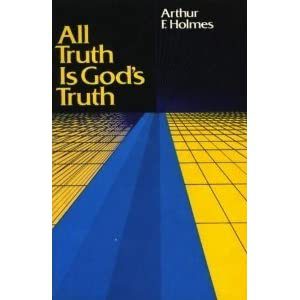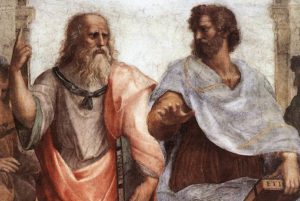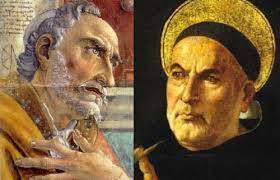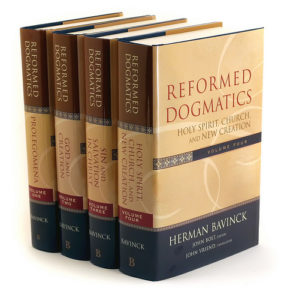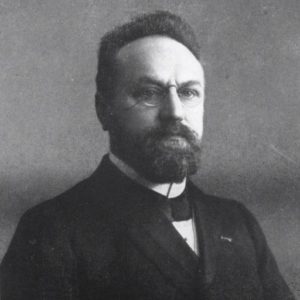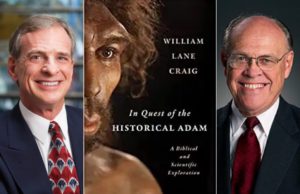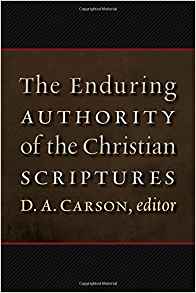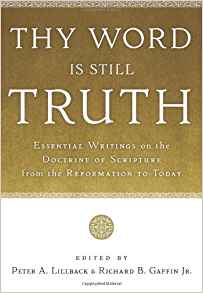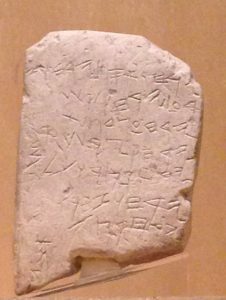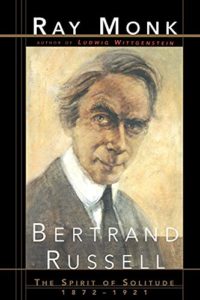 |
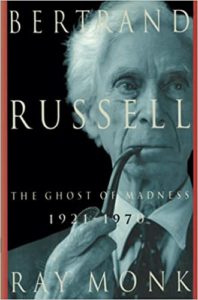 |
Remember those sixth-form days when some of us were first thrilled by newly awakened intellectual abilities? We were quick to challenge traditional beliefs and the status quo, and eager to show off our acquaintance with the works of Bertrand Russell. The name Bertrand Russell was whispered with hush awe and quiet reverence. Russell represented to us the ideal of a socially engaged intellectual. Never mind that we couldn’t really understand his more technical papers on mathematical logic. His more popular written books such as Why I Am Not a Christian, Principles of Social Reconstruction and A Free Man’s Worship were sufficient to persuade us to adopt him as an inspiring icon for rebellion. His status as a Nobel Prize laureate decisively clinched an unquestioned hearing from skeptical students.
However, when I actually got down to read Russell for myself, particularly his book Why I Am Not a Christian, I found myself in for a great disappointment. Russell, who was arguably the most outstanding mathematical logician of his day, turned out to be illogical in his analysis of Christianity. He relied on a shoddy knowledge of Christianity. His analysis was full of non-sequitur and question-begging arguments with much scorn and rhetoric thrown in. I concluded that a more fitting title for the book would be Why I am too Prejudiced to Become a Stereotyped Christian. Continue reading “Bertrand Russell: The Spirit of Solitude 1872-1921. Book Review”

